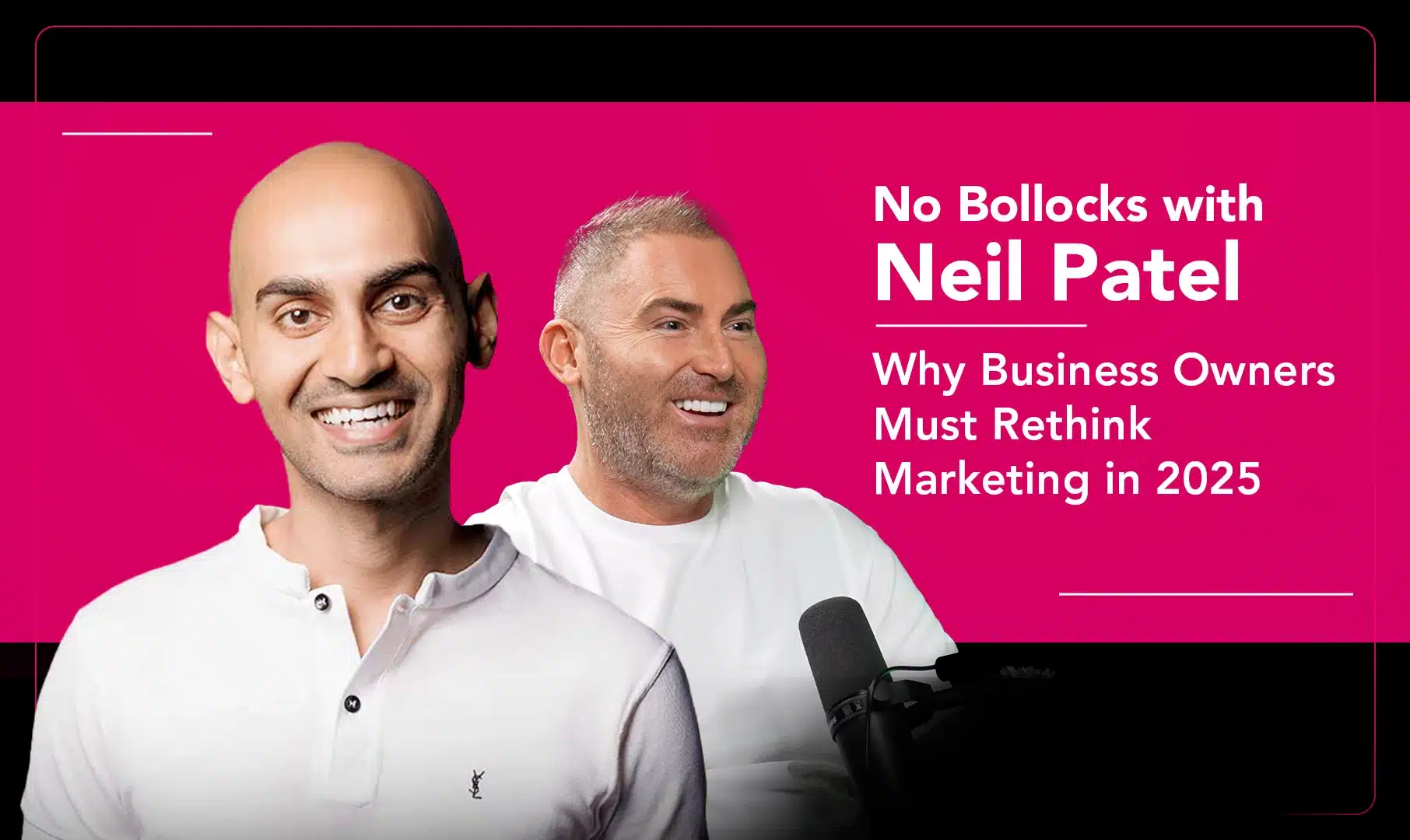How do you finance a business? Money is often considered one of the biggest barriers to getting a business off the ground or taking it to the next level. In my experience, part of the challenge is the mindset around money – lots of people see it as this huge mountain to climb, but in reality it’s just another capability like anything else. If you think of it as a tool and you know where to find it, it’s no bigger challenge than anything else – it’s just a commodity. That said, it is an important commodity and the good news is that there are lots of different types of business finance and different ways of funding a business. While there’s a lot of options out there, here are 10 potential ways to finance your business today.

What are the Different Types of Funding?
Asset Finance and Leasing
John Paul Getty, the oil tycoon said to be the richest man in history, once remarked: “If it appreciates, buy it. If it depreciates, lease it.”
Asset finance is a great way to release capital and improve cash flow in a business, particularly if you need key items of equipment that cost a lot of money. For example,it’s a great alternative to spending a lump sum up front, if you need vehicles, large items of equipment for hairdressing or medical practices, or expensive coffee machines. If you already have some funding in place, this is a good way of managing your finances and making equipment work for you. You can approach banks or niche asset finance funders who will effectively purchase the item on your behalf (they give you the money to actually make the purchase), and you pay them back. In effect, they actually own the item and you’re leasing it from them.
Think of it like employing a member of staff – you wouldn’t pay them their full year’s salary upfront on day one, would you? You pay them one month/week/day at a time. Asset finance is almost like doing the same thing for your ‘coffee machine’, leaving cash in the bank so you can get on with the daily running of your business – paying staff, rent for premises or investing in business growth.
Bank Loans
Bank loans are probably one of the most commonly talked about ways of funding a business. We’ve all heard of them, although that doesn’t mean we all understand them. The big banks can be a great help when it comes to business loans and they often have the most competitive rates in the market. However, for SMEs in particular, they’re not always the easiest thing to get hold of – they have very clearly defined and inflexible parameters when it comes to lending, so if the ‘computer says no’ then that’s that. However, the benefit of a bank loan is that they often have lower interest rates than more specialist providers. Once you have applied for and received a bank loan then the concept is fairly straightforward – you borrow the money in a lump sum and you pay it back over a set period of time with interest. You may need to provide a director’s guarantee before being granted the loan.
Alternative Loans
The term ‘loan’ covers a wide range of things, and depending on who you go to, they will have different products within each category suited to your business size, type and so forth. The broadest categories of business loan however, which can be available from mainstream banks as well as smaller high street banks or independent non-banks, include revolving credit, secured loans and unsecured loans:
- Revolving credit: this is credit that is automatically renewed as debts are paid off. Basically, it’s a pot of cash (usually with a cap on it), that you can dip into as you like. You pay it off monthly but you keep using it as required.
- Secured loan: This is when your loan is secured against an asset or a guarantee. The most common type of secured loan is a mortgage, but in the context of a business loan, that guarantee could be against a guarantor’s home, business premises, or a specific item, as with asset finance.
- Unsecured loan: This is also sometimes called a personal loan. It’s when a bank or lender gives you money with repayment terms but without any legal claim to your assets in case of default.
Credit cards
We all know what credit cards are, and we all know we have to be careful when using them. When you use credit cards as part of your business funding strategy you have to be very careful to know what you’re doing. However, if you’re conscious in your use of credit cards, they can be a great way to leverage short-term funding for your business. It’s essential however that you pay these off in full and on time, otherwise you may find that it impacts your ability to borrow at a later date.
Bank overdraft
Lots of people forget about their bank overdraft when it comes to ways of funding a business, but it’s a useful facility that almost all businesses have instant access to as soon as they open a bank account. While it should be used with caution, much like a credit card, overdraft facilities can be used strategically for short-term cash flow that your business can fund from its own capital.
Crowdfunding
When you’re talking about longer term ways of funding a business, Crowdfunding has become one of the most popular ways for start-ups and scale ups to generate finance directly from smaller investors including individuals. It can also be a fun and engaging way to include your fans/brand advocates in your business development and marketing if you’re really clever, taking them on the journey with you as your business grows. Crowdfunding is particularly good for individual projects or new ventures where you can show a start, beginning, end and a return on investment. However, it can also be used as a way of boosting necessary cash flow. You treat it like any other investor, in that you offer repayment terms (peer-to-peer lending), rewards or an equity-based proposal, giving investors shares in your business.
Angel investors
Angel investors are individuals, usually wealthy ones, who decide to invest in your business early on, usually in the incubator phase when you’re getting started. This can be great as they tend to be people who are experienced and knowledgeable in business, so in addition to providing their money as a way of funding your business, they will more than likely invest their time, offering advice, support and guidance to help your business grow.
Venture capital
Venture capital is when you get investment from a dedicated venture capital firm. It can be a great way of funding a business at any stage, depending on who you go to. Venture capital firms tend to work with start-ups, early-stage, and emerging companies that have been deemed to have high growth potential or which have demonstrated high growth already. The firm invests money in your business in exchange for equity, typically a minority stake. This can often be a sizable amount that will enable you to action big strategic elements of your business. Much like angel investors, venture capitalists can also often be a valuable source of guidance and consultation rather than purely being a type of business finance.
Business incubators
Business incubators are organisations that help new companies and individual entrepreneurs to develop by offering a range of services, including financing. Unlike large venture capital firms, the amount of money they might lend you to fund your business could be comparatively small in exchange for a minority stage in the business. They specifically look to support businesses in the incubator phase of growth, which tends to last from a few months to a year at the start of a business’s lifetime.
Grants and government loans
The really great thing about running a business is that lenders genuinely want you to be successful. A rising tide lifts all boats, and it’s in everyone’s interest for entrepreneurs, start-ups, scale-ups and big businesses to flourish. As a result, there are also lots of grants and government loans available when it comes to types of business finance, depending on your business type, stage and so forth. That might include the Enterprise Investment Scheme, Employment Allowance or government funded traineeships. There are also lots of other institutions, like The Prince’s Trust, which provide small start-up business grants in special circumstances.
Are you thinking of starting your own business? Are you looking for funding? Or perhaps you want to invest in someone else’s start-up and help them thrive? Contact my team and I to build your business portfolio, get business advice or even send me a great deal that’s not to be missed.






